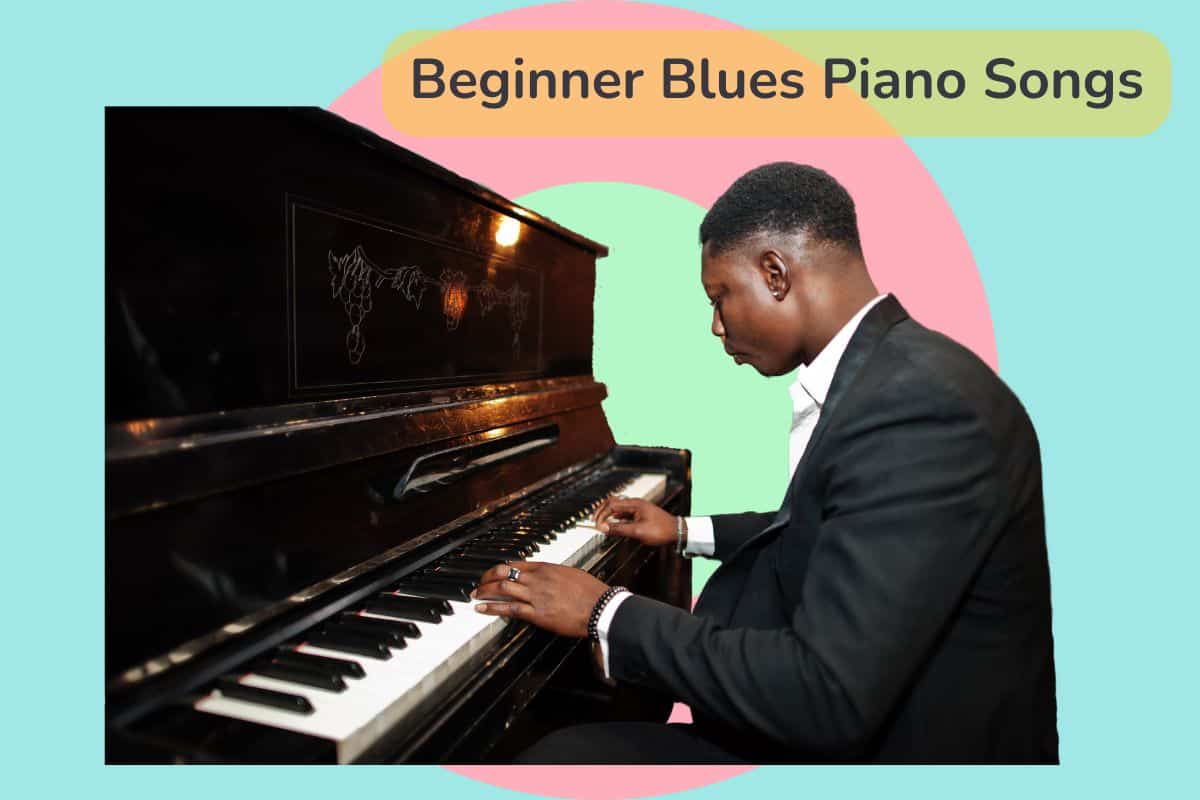Have you ever wondered if playing the piano can actually make you smarter? Well, you’re not alone. Many people are curious about the possible cognitive benefits of tickling the ivories. It turns out that playing an instrument, like the piano, can have a significant impact on your brain, enhancing various mental faculties and functions.

Scientific evidence supporting the idea that learning to play the piano can make you smarter, happier, and healthier is growing. From improved planning skills and language development to reduced anxiety and boosted memory, the cognitive demands of learning piano seem to have wide-ranging benefits. Nevertheless, whether you’re a child or an adult, it’s never too late to enjoy the potential brain-boosting effects of playing this beautiful instrument.
Key Takeaways
- Playing piano offers various cognitive benefits that can make you smarter.
- Learning piano can enhance skills like planning, language development, and memory.
- Both children and adults can experience the positive effects of playing piano.
The Science Behind Learning Piano and Intelligence
Cognitive Benefits
Hey there, budding pianists! Did you know that playing the piano can actually make you smarter? That’s right – learning to play an instrument, particularly the piano, can boost your brainpower and cognitive skills.
For starters, piano playing helps you develop better:
- Problem-solving skills
- Memory function
- Multi-tasking abilities
Amazing, isn’t it? And the earlier you start, the better. Studies show that musical training before the age of seven leads to enhanced sensory information integration from touch, sight, and hearing.
Emotional Intelligence
Playing the piano isn’t just about the notes and rhythms. It’s also about expressing your emotions, which can help improve your emotional intelligence. As a piano player, you have the unique opportunity to connect with your feelings and share them through music.
This emotional connection can lead to greater empathy and understanding of others. Plus, it’s a great way to reduce stress and anxiety. So, not only will your brain be getting a workout, but your emotional well-being will be boosted too!
Creativity Enhancement
Are you ready to unleash your creative potential? Learning to play the piano can turn off the part of the brain that offers stereotypical responses, giving you more freedom to express your authentic self. This means you can explore new ways of thinking, playing, and creating with the piano.
As a result, you’ll notice your creativity not only blossoming on the keyboard but in other areas of your life as well.
Piano Playing and Memory
You might not have realized it, but playing the piano can actually help improve your memory! Let’s break it down and look at the benefits of both your working memory and long-term memory.
Working Memory
Have you ever noticed how you need to remember the keys, chords, and notes just long enough to play them in a melody? This process strengthens your working memory, which is like your brain’s short-term storage. By boosting this skill, you can improve your ability to recall information and even multitask more effectively. Not bad, right?
- Learning the piano requires quick thinking and recall.
- Playing music helps sharpen your focus.
- Practicing regularly builds mental stamina.
Long-Term Memory
It turns out that tickling the ivories can also help you develop a stronger long-term memory. Imagine all those times you learned a new song or worked on a challenging piece. That practice helped your brain store and retrieve information more effectively.
- The more you learn, the more connections your brain makes.
- Piano playing helps with verbal memory and spatial reasoning.
- It supports the growth of new nerve cells in important regions of your brain.
So go ahead, sit down at the piano, and give your brain a workout! You’ll be amazed at how it can boost your memory and make you even smarter in the process.
Playing Piano Effects on Children and Adults
Children’s Development
Did you know that playing the piano can really boost your child’s development? First off, it helps kids score higher on tests. How cool is that? But it’s not just about grades. Piano playing also helps with other important brain skills, like hearing, touch, and sight.
Ease your child’s stress levels with piano lessons, too! Playing the piano can calm them down and relieve stress, which is a big bonus. Plus, it’s a fun way to keep their brains active and engaged, helping them grow and learn in unexpected ways! So let your kids tickle the ivories and watch their brains bloom.
Benefits for Adults
Guess what? Playing the piano isn’t just for kids—it benefits adults, too! You’ll get a brain boost from that keyboard, activating parts of your brain for spatial reasoning and math. Say goodbye to stress and anxiety since tickling the ivories can help you feel calmer and happier.
Sharpen your memory skills with piano practice, too! It’s been shown to improve verbal memory and foster good habits like diligence and creativity. Ready to dive into piano playing? Give it a try and enjoy the positive effects it’ll have on your life.
Other Factors to Consider
Learning Environment
A great learning environment is essential for you to reap the full benefits of playing piano. Make sure you have a comfortable and quiet space where you can focus on your practice. Choose a well-lit room with minimum distractions, so you can fully immerse yourself in the music. Remember, the cozier your learning space, the more enjoyable and fruitful your piano journey will be!
Consistency and Practice
Just like with any new skill, practice makes perfect! To see significant improvements and to truly enjoy the cognitive benefits of playing piano, you need to be consistent and dedicated. Set aside time each day to practice, focusing on these key elements:
- Warm-up routines: Start with basic finger exercises to limber up your fingers and get in the groove.
- Scales and chords: These are the building blocks of your piano skills. The more you practice, the more they’ll become second nature.
- Songs: Pick a few tunes you love and work on them regularly. As you progress, add more challenging pieces to your repertoire.
For an added boost, mix up your practice techniques to keep things interesting! Try new music genres, play with a metronome, or even jam with friends. By making practice fun, you’re one step closer to becoming a smarter, healthier, and happier piano player!
Conclusion
So there you have it, playing piano really can have positive effects on your brain! Studies have shown that learning to play the piano can actually make you smarter, happier, and healthier. Imagine the boost to your memory and planning skills, not to mention language development!
And that’s not all. Did you know that practicing the piano can also do wonders for your mental health? It’s true! Time spent at the keyboard has been linked to less anxiety, loneliness, and depression. Plus, playing piano is a fantastic stress reliever and a great way to bolster self-esteem.
But wait, there’s more! Learning the piano can actually strengthen memory, help you pay attention, and maybe even improve your reading ability. How cool is that? Your brain gets a multisensory workout, improving hearing, sight, movement, and social awareness, all in one go!
So next time you sit down at the piano, just remember that you’re not only making beautiful music but also giving your brain a super boost. It’s a win-win! And remember, you don’t need to be a Mozart to enjoy the benefits. Just have fun and keep practicing, and you’ll be amazed at how your mind and your music flourish.



